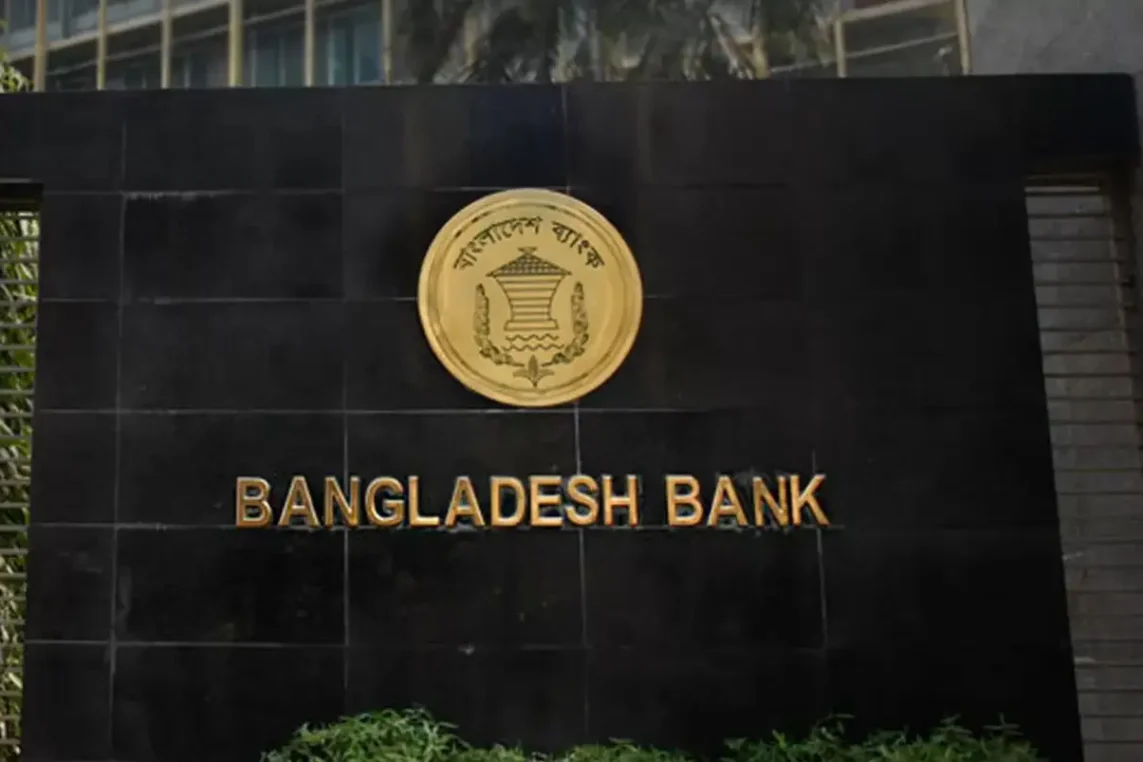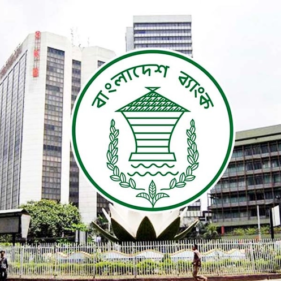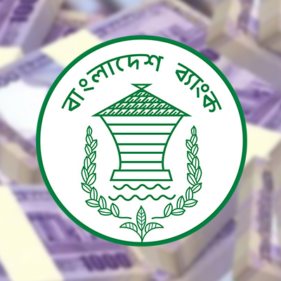Get ready for Big Trouble in Banking! Discover the shocking truth behind the industry’s biggest scandals and how they affect you. Bold insights await.
The banking sector’s complete dangerous loans amounted to Tk 377,922 crore at the finish of the final year, an improvement that makes for a sobering study of the particular well-being of this important sector of the economic system.
The quantity was arrived at by calculating the overall non-performing loans (NPL), excellent rescheduled loans, and excellent restructured written-off loans, all of which had been disclosed within the newest version of the Bangladesh Financial Institution’s Monetary Stability Report, which was printed yesterday.
For all the most recent information, observe The Every Day Star’s Google Information channel.
At the finish of 2022, the Big Trouble in the Banking sector’s NPL stood at Tk 120,649 crore, excellent rescheduled loans at Tk 212,780 crore, and excellent written-off loans at Tk 44,493 crore.
“[The distressed asset figure] is nearly half of the nationwide price range for this fiscal year — it exhibits the Big Trouble in Banking sector is heading in the direction of an untenable scenario,” stated Ahsan H Mansur, govt director of the Coverage Analysis Institute of Bangladesh.
The breakdown of distressed property comes as a part of the situation agreed with the Worldwide Financial Fund for the $4.7 billion mortgage.
The central financial institution used to report the sector’s distressed property in its annual monetary stability report that comes out each June, and the IMF has stipulated that the observation is restarted.
“The COVID-19 monetary assistance insurance policies are set to run out in December 2022. Because the unwinding of those insurance policies could result in a gradual realization within the losses within the banking system, asset classifications, specifically restructured loans, ought to precisely mirror present stability sheet dangers and distressed property be adequately provisioned,” stated the IMF workers report in January.
Big Trouble in Banking: The Shocking Truth Behind Bangladesh’s Distressed Assets
Moreover, as per worldwide greatest practices, distressed properties are reported alongside NPLs to mirror the true state of the banking sector’s burdened property.
“Asset high quality of the banking sector as a complete barely deteriorated in 2022 as gross NPL confirmed a marginal rise,” the BB stated within the Monetary Stability Report.
At the finish of 2022, NPLs accounted for 8.16% of complete excellent loans, in distinction to 7.93% a year earlier.
Of the NPLs, the shipbuilding and shipbreaking business accounted for 22.43% of NPLs, which is the best.
Leather-based and leather-based industries had the subsequent highest NPLs (11.75 %), adopted by textile (11.54 %) and garment (11.12 %).
Making certain the correct monitoring of normal and rescheduled/restructured loans and the tempo of restoration of NPLs could enhance the asset high quality of the Big Trouble in Banking business, the BB report stated.
“Nonetheless, exterior points like prolongation of the Russia-Ukraine battle and different geopolitical points could lead to sluggish enterprise in addition to impaired debt-servicing capability of the debtors, which can in the end deteriorate the asset high quality of the general Big Trouble in Banking sector in Bangladesh.
In the meantime, nearly double the amount of loans was rescheduled in 2022 than in 2021 because the mortgage moratorium facility launched throughout the pandemic was weaned off.
In 2022, loans amounting to Tk 63,720 crore had been rescheduled, up from Tk 26,810 crore the earlier yr.
“Compared with the pre-COVID scenario, the rescheduled quantity within the evaluate yr was not that much increased,” the BB report stated.
In 2019, the overall quantity of rescheduled loans stood at Tk 52,370 crore.
At the finish of 2022, 80.8% of the rescheduled loans remained unclassified.
Shipbuilding and shipbreaking businesses accounted for 33.8% of the excellent rescheduled loans, adopted by the commercial sector (29.2%) and textile and garment (21.1%).
“There was a common rise in categorized excellent rescheduled mortgage ratio throughout a lot of the sectors.”
The best ratio was noticed within the shipbuilding and shipbreaking sectors, adopted by the commercial, garment, textile, and export credit score sectors.
“This isn’t signal – it’s a legacy of the previous one and did not occur in a single day,” stated Salehuddin Ahmed, a former BB governor.
He went on to position the blame squarely on the coverage.
“If the coverage isn’t correct, if the implementation isn’t correct, the routine defaulters will get away all the time. The underlying drawback is deep.”
He notably singled out the observation of rescheduling loans greater than as soon as for the ballooning of the Big Trouble in Banking sector’s burdened property.
“It’s encouraging indicators to defaulters and a perverse incentive. It doesn’t occur anywhere on the planet. When you give concessions, you get cumulative issues. This has by no means solved issues. It’s a perverse incentive,” he added,
Mansur, a former chairman of Brac Financial Institution, stated the probability of not getting again the rescheduled loans are excessive.
The Bangladesh banking sector faces Big Trouble in Banking significant distress with Tk 377,922 crore of dangerous loans, a concern highlighted in the Monetary Stability Report. Non-performing loans, rescheduled loans, and restructured written-off loans contribute to this, posing a threat to the economy. Industry experts attribute these issues to policy flaws and multiple loan reschedulings.









